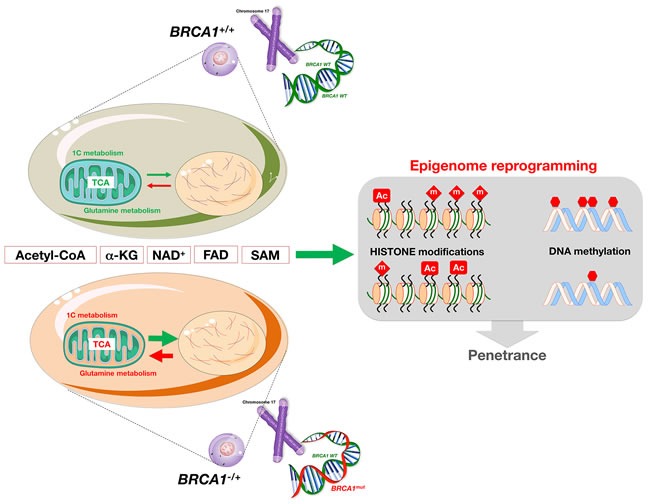Figure 4. Metabolic regulation of epigenetics: The reprogramming dimension of BRCA1-driven accelerated geroncogenesis.

Haploinsufficiency for BRCA1/2 can lead to cell-type-specific mitochondrial functioning that invokes a significantly altered mitochondria-to-nucleus retrograde response in breast/ovarian epithelia. This response may induce relevant changes to the nuclear epigenome via alteration of key metabolic co-factors closely associated with the processes of active de/methylation or de/acetylation (e.g., acetyl-CoA, α-ketoglutarate [α-KG], NAD+, FAD, and S-adenosylmethionine [SAM]), which might increase the penetrance of tumor susceptibility, but may also illuminate new interventions that can reverse the epigenetic effects of metabolic reprogramming to decrease cancer risk associated with germline alterations in BRCA1/2 tumor suppressor genes.
